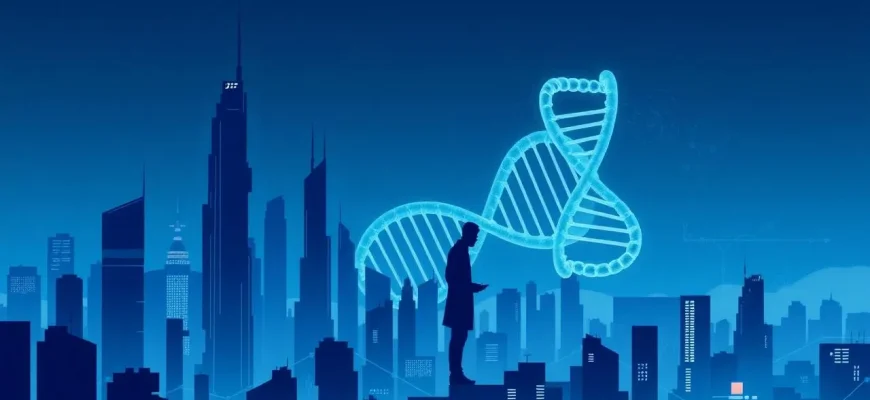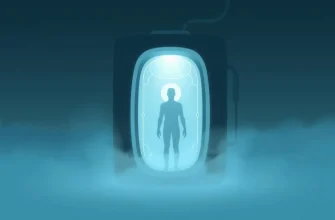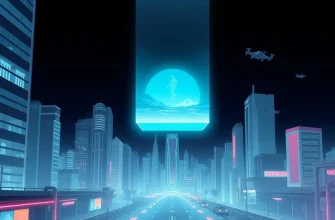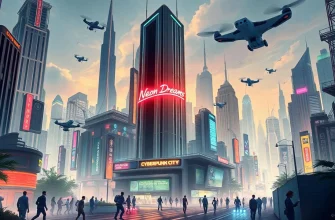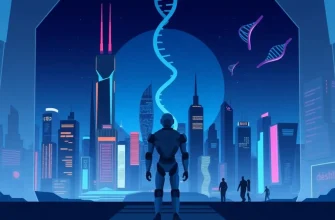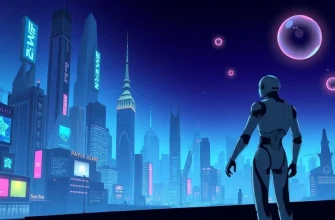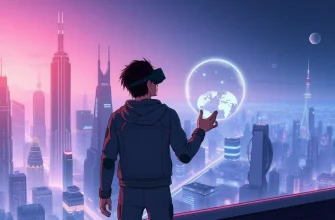Dive into the fascinating world of bioengineering through the lens of science fiction cinema. This curated list of 10 films explores the ethical dilemmas, potential advancements, and the sheer imagination of what could be possible when humans play with the building blocks of life. From dystopian futures to utopian dreams, these movies offer a thrilling look at the intersection of science and ethics, making them not only entertaining but also thought-provoking for anyone interested in the future of biotechnology.
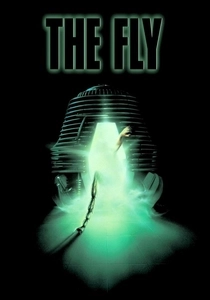
The Fly (1986)
Description: Scientist Seth Brundle's experiment with teleportation goes awry when he accidentally merges his DNA with that of a fly. This horror classic examines the horror of genetic splicing and the loss of humanity.
Fact: The film was a remake of the 1958 film of the same name. The transformation scenes were groundbreaking for their time, using practical effects to depict Brundle's metamorphosis.
 Watch Now
Watch Now 
Jurassic Park (1993)
Description: A billionaire's dream to bring dinosaurs back to life through genetic engineering turns into a nightmare. This film explores the ethical implications of reviving extinct species and the hubris of controlling nature.
Fact: The film was one of the first to use extensive CGI for its creatures, setting a new standard for visual effects in cinema. The sound of the T-Rex's footsteps was made by breaking a redwood tree.
 Watch Now
Watch Now 
Gattaca (1997)
Description: In a future where genetic engineering determines one's social status, Vincent Freeman, born naturally, aspires to reach the stars despite his genetic disadvantage. This film delves into themes of discrimination, identity, and the human spirit's resilience against the backdrop of bioengineering.
Fact: The film's title is based on the four nucleobases of DNA: guanine, adenine, thymine, and cytosine. The production design included creating a futuristic world with minimal CGI, relying instead on practical effects.
 Watch Now
Watch Now 
The 6th Day (2000)
Description: Adam Gibson discovers he's been illegally cloned, leading to a confrontation with a corporation that illegally clones humans. This film delves into the legal and moral issues surrounding human cloning.
Fact: Arnold Schwarzenegger plays dual roles in this film, showcasing his versatility as an actor. The title refers to the biblical creation story, where humans are created on the sixth day.
 Watch Now
Watch Now 
The Island (2005)
Description: In a seemingly utopian facility, clones are raised to serve as organ donors for their human counterparts. The film raises questions about the ethics of cloning and the value of life.
Fact: The film's concept was inspired by the 1979 film "Parts: The Clonus Horror." Michael Bay, known for action-packed films, directed this more philosophical sci-fi thriller.
 Watch Now
Watch Now 
Splice (2009)
Description: A couple of geneticists, Clive and Elsa, splice animal DNA to create a new organism, Dren, leading to unforeseen consequences. This film explores the ethical boundaries of genetic manipulation and the hubris of playing God.
Fact: The creature Dren was played by both a female and male actor to show the character's transformation. The film was initially conceived as a short film before being expanded into a feature.
 Watch Now
Watch Now 
Repo Men (2010)
Description: In a future where artificial organs can be bought on credit, repo men recover them from defaulters. This dark comedy explores the commodification of human life and the ethics of bioengineering.
Fact: The film was inspired by the 1978 novel "The Repossession Mambo" by Eric Garcia. It features a mix of action, dark humor, and social commentary.
 Watch Now
Watch Now 
Never Let Me Go (2010)
Description: Set in a dystopian world where human clones are created to donate organs, this film explores themes of love, identity, and the ethics of human cloning through the lives of three friends.
Fact: The film is based on Kazuo Ishiguro's novel of the same name. It was shot in the UK, with many scenes filmed at Hailsham House, which was specially built for the movie.
 Watch Now
Watch Now 
The Host (2013)
Description: In this adaptation of Stephenie Meyer's novel, Earth has been taken over by an alien species that uses human bodies as hosts. The film explores themes of identity, resistance, and the ethics of parasitic bioengineering.
Fact: The film's director, Andrew Niccol, is known for his work on other bioethics-themed films like "Gattaca." The movie features a unique take on the alien invasion genre with a focus on human emotions and relationships.
 Watch Now
Watch Now 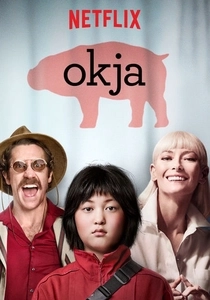
Okja (2017)
Description: A young girl named Mija embarks on a quest to rescue her genetically modified "super pig" friend, Okja, from a multinational corporation. The film tackles themes of corporate greed, environmental ethics, and the bond between humans and animals.
Fact: The film was shot in South Korea and New York, with a mix of CGI and practical effects to bring Okja to life. It premiered at the 2017 Cannes Film Festival.
 30 Days Free
30 Days Free 
